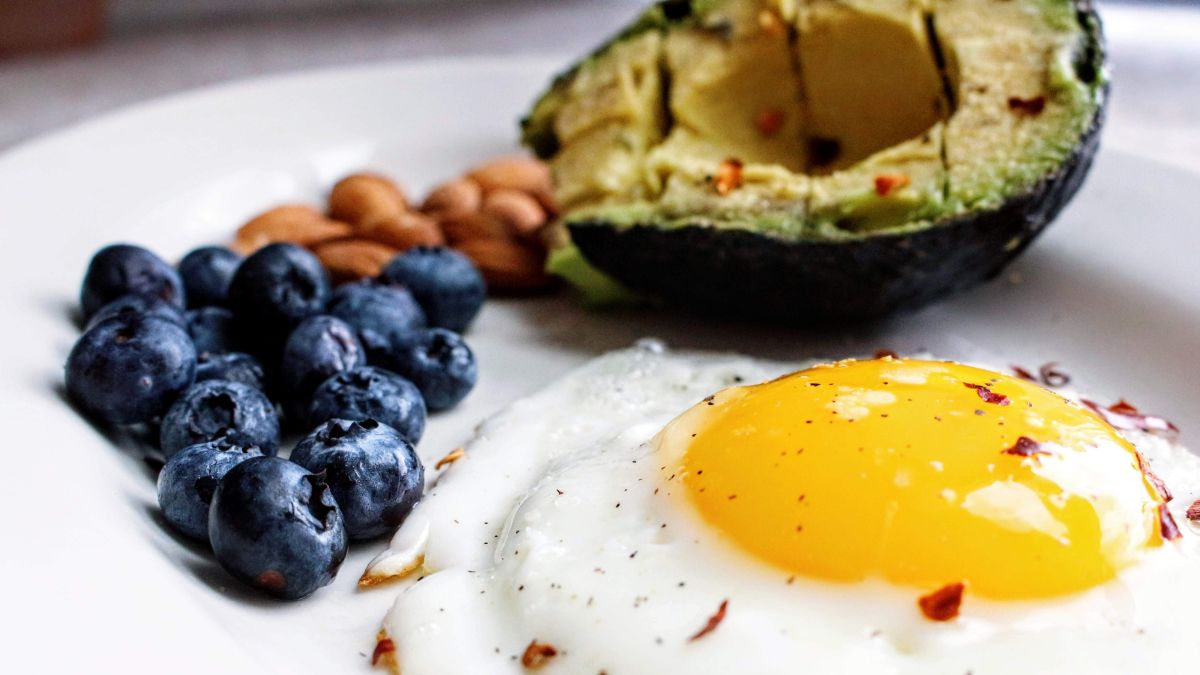
If you’re thinking about experimenting with keto diet, there’s a lot to learn.
Figuring out what to eat on keto diets and what not to eat can be quite a challenge. You know you’re not allowed processed grains and sugary foods, like pizza and cake. After all, the whole point is to cut down on carbs and increase fats.
However, many of the foods you’ll need to avoid might not be as apparent as they seem.
Today, we’re going to explore some of the basics of the keto diet plan and what you need to know to follow this eating strategy safely.
The Keto Diet Explained: Basic rules
The keto diet (or ketogenic diet) is a low-carb, high-fat diet. The idea is that you significantly cut your carb intake and replace carbohydrates with fat. Most people on the diet eat around 20-50 grams of carb each day.
As a result, you end up accessing “ketosis”. When you’re in ketosis, you begin becoming more efficient at burning fat for energy. The keto diet also turns fat into ketones in the liver, which helps to energise the brain.
So, is the keto diet a good idea?
That depends.
According to our Singapore-based health coach, Shien Ping, the keto diet isn’t as healthy for some as it is for others. Your genetic profile can determine how sensitive to fat you are. This means that in some cases, switching carbs for fat will cause you to gain weight rather than losing it.
